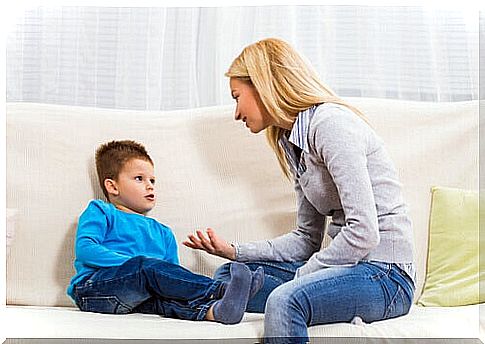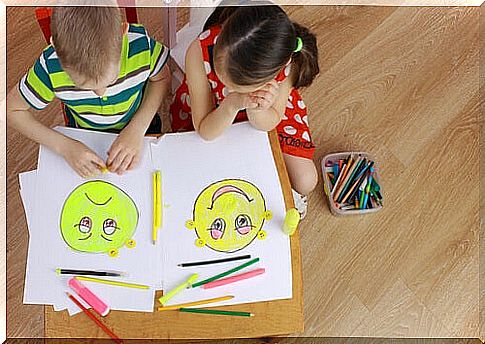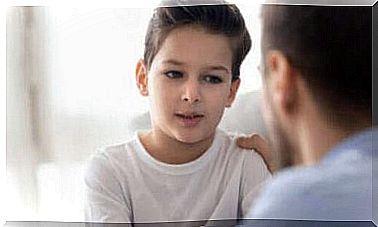How To Resolve Conflicts Without Punishment?

Children are not the only ones who can sometimes be confused by the turmoil of emotions – the same goes for adults. As the situation escalates, the parent may lose control and end up punishing their child, not realizing that such a reaction only reinforces the child’s negative behavior. It is good for parents to learn how to resolve conflicts without punishment.
It is clear that penalties do not bring long-term benefits because they do not change the perpetrators of the unwanted behavior. Instead of punishing the situation, it actually evokes negative feelings in the child towards the punisher. Therefore, parents need to learn to utilize more constructive ways to correct and control their child’s behavior.
So how does this happen? A good strategy is to work on two fronts at the same time – one of which is to reflect on the situation and the other is to intervene in the situation. However, the very first thing a parent needs to remember is to remain patient and empathetic and use creativity. It is important that the parent acts calmly at all times and does not overreact and go to impose penalties.

How to resolve conflicts without punishment?
To learn how to manage and resolve conflicts without resorting to punishment, you must first decide if your child is behaving really badly. It is good to think carefully about the way in which his behavior is inadequate or wrong. Then think about what causes that behavior and what is behind it. Namely, it is good to remember that often there are actually different reasons for a child’s misconduct. A child might behave differently if he or she had more information and the ability to express that information.
It is common for negative emotions such as anger and aggression to emerge in the throes of conflict, but it is not worth acting under the influence of these emotions. In the event of a conflict between two siblings, immediately separate the fighting pair and protect any child who may be attacked. It is also important not to throw gasoline into the flames, as this will only make the situation worse.
Stay calm in all situations
In a time of conflict, the best thing you can do is to stay calm and quiet with the child and wait for him or her to calm down. You can hug a child if he lets you do that. Try to reassure him with your words, and don’t blame him for the situation. Once the child has calmed down, you can start talking to him.
Then ask the child to calmly describe what happened. Listen to him without judging and correcting the details. If the child is still too small to describe the situation, you can help him. The purpose of the discussion is for the child to learn to recognize the emotions that led to the inappropriate behavior as well as the emotions that he or she caused in himself or herself.

Recognition of emotions is important and so is the fact that emotions are not suppressed. As a parent, it is your job to teach your child to recognize their feelings and manage them properly. The child should be told to be angry, but it does not entitle anyone to behave aggressively or otherwise badly.
The most important thing is to control your emotions
Teach your child to recognize and validate their feelings. They are all part of human nature, and categorizing them as good or bad prevents them from being channeled properly and causes guilt. You can also explain to the child how his or her bad behavior felt to you. Use specific words and call each emotion by its name. For example, tell them you were sad, frustrated, or upset.
Avoid phrases like “ you made me sad”. When you say you are frustrated, you are showing that you are taking responsibility for your feelings and not burdening your child with them. You will probably need to remind your child of the things you have discussed several times, but stay patient and do this as many times as the need requires. In this case, avoid annoying utterances like “how many times have I told you that…”.
Children need less punishment and more words. Studies have shown that our brains have difficulty processing non-words. You are much more likely to be heard when you structure your sentence positively.









